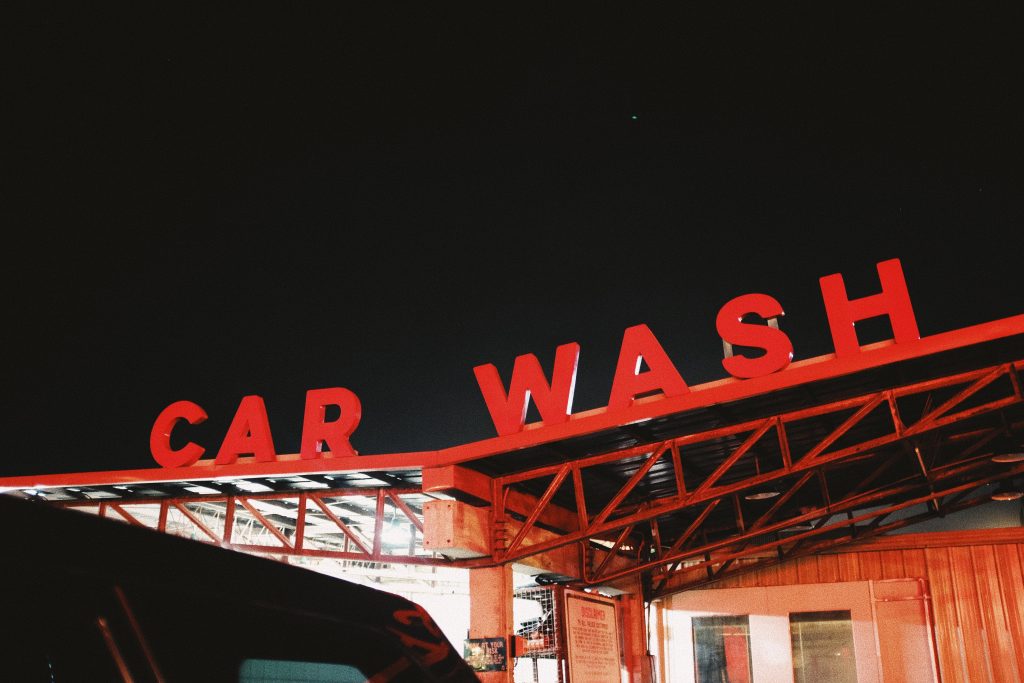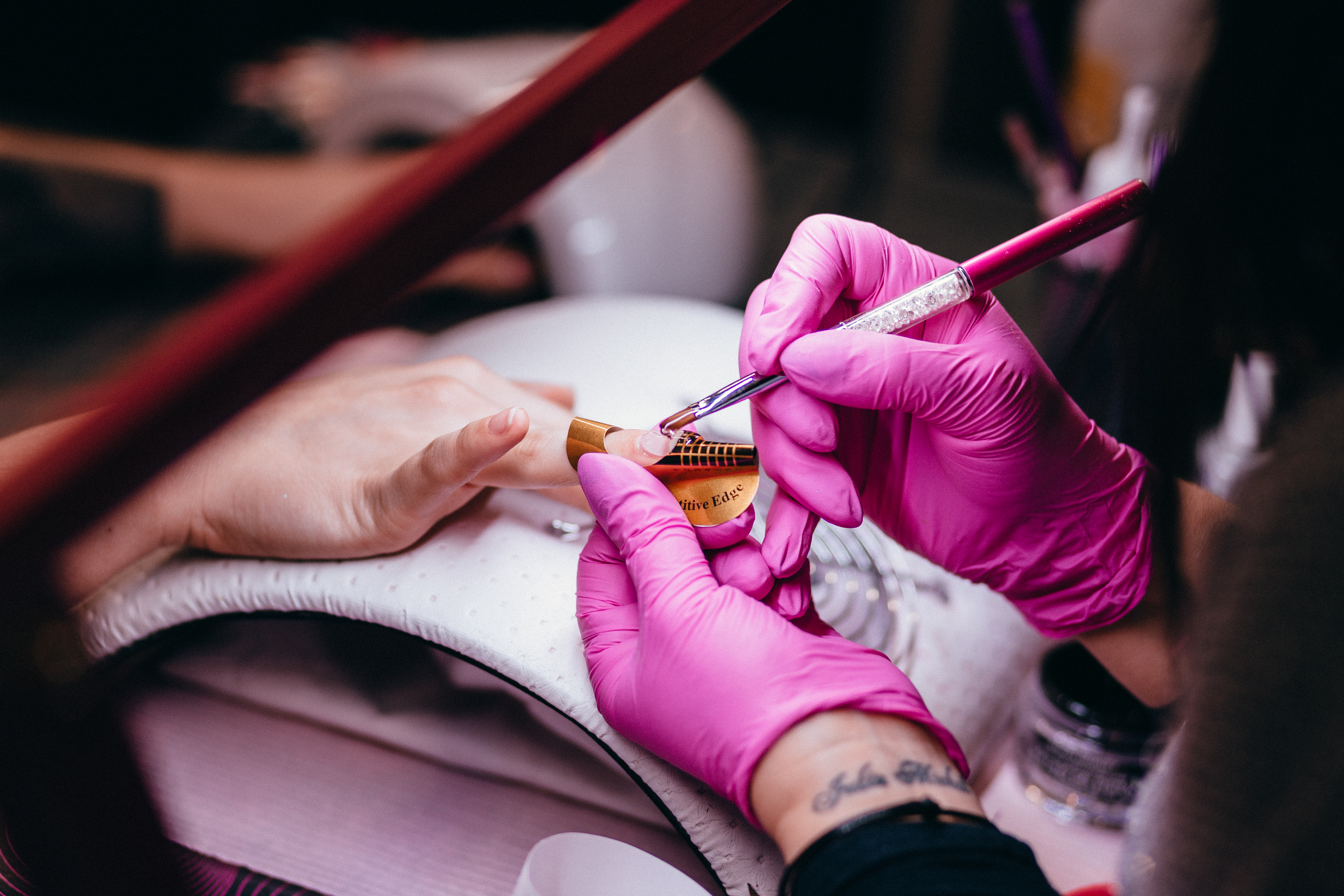Bargain prices are obviously attractive to any shopper, especially in times of austerity. However, the National Crime Agency (NCA) has warned they could be fuelling modern slavery, while councils report increasing numbers of potential victims.
From July to September 2017, councils across England and Wales flagged more than 1,300 cases to authorities, an increase of almost 50 percent on the previous year.
Warning that victims are ‘hidden in plain sight’, the NCA add that the problem is compounded as people often have a lack of understanding of modern slavery and what fuels it. So, how can you make sure you’re not putting people at risk with your purchases?
From Nail Bars to Car Washes, The Perils of Discounts

Image Credit: Bambi Corro / Unsplash
It goes without saying we’re all partial to a deal, after all, who doesn’t want a few extra pounds in their purse? However, speaking to the Independent, Will Kerr of the NCA, said there was a “significant gap” between the public belief that slavery no longer exists, and the “terrible consequences” for victims.
People are often left living in squalid, cramped and dangerous conditions, with little personal freedom, as well as working in unsafe environments, as highlighted by a new photo series by the NCA.
Mr Kerr added that a tendency to hunt out the lowest possible prices meant criminal gangs are able to exploit vulnerable people for labour and sex. In particular, he highlighted cheap car washes and nail salons, amongst other cheap services. While recent changes to the law and a growing awareness within the police of how to deal with such crimes is an improvement, he said more needs to be done.
If you happen to get a cheap service, you’re getting a cheap service for a reason.
Will Kerr, National Crime Agency
Warning people of the dangers, he added: “If you happen to get a cheap service, you’re getting a cheap service for a reason. If it’s so much less than you would reasonably expect to pay for something, it’s usually because – or could be because – someone is being exploited in the background to give you that public cheaply.”
Other warning signs include people who “look distressed, traumatised, malnourished, not dressed appropriately for the weather or like they’re under control of a third party who’s with them – these could be signs.”
The Law on Modern Slavery
 Image Credit: Pexels
Image Credit: Pexels
It is estimated that up to 46 million people are slaves across the world, including those trafficked and in forced labour, so it’s a massive problem worldwide.
Here in the UK, the Modern Slavery Act 2015 is the main piece of legislation that works to protect people, as well as increasing the Government’s ability to seize assets gained from slavery and establishing an Anti-Slavery Commissioner.
The Act also requires larger businesses (with a turnover of more than £36million) to publish annual reports demonstrating how they and their supply chains are free from slavery. Nonetheless, there are no legal requirements for businesses to ensure a lack of slavery and no criminal or financial penalty for failure to do so.
Recent reports also criticise the police and government in their efforts to tackle modern slavery. The Work and Pensions Committee found an ‘inexcusable’ failure to support victims who ended up impoverished while abusers went free, while Her Majesty’s Inspectorate of Constabulary has also found the police approach has ineffective.
Prime Minister Theresa May has pledged to lead the way on the issue though, promising a review of the current laws, an international approach, and setting up an international fund to combat modern slavery.
The National Crime Agency emphasises that while the modern anti-slavery law is robust, the basic impact of supply-and-demand economics would be a more effective weapon. If we can all be aware as consumers about the danger and likelihood of modern slavery, we can rapidly diminish its value to those who want to exploit vulnerable people for profit.






